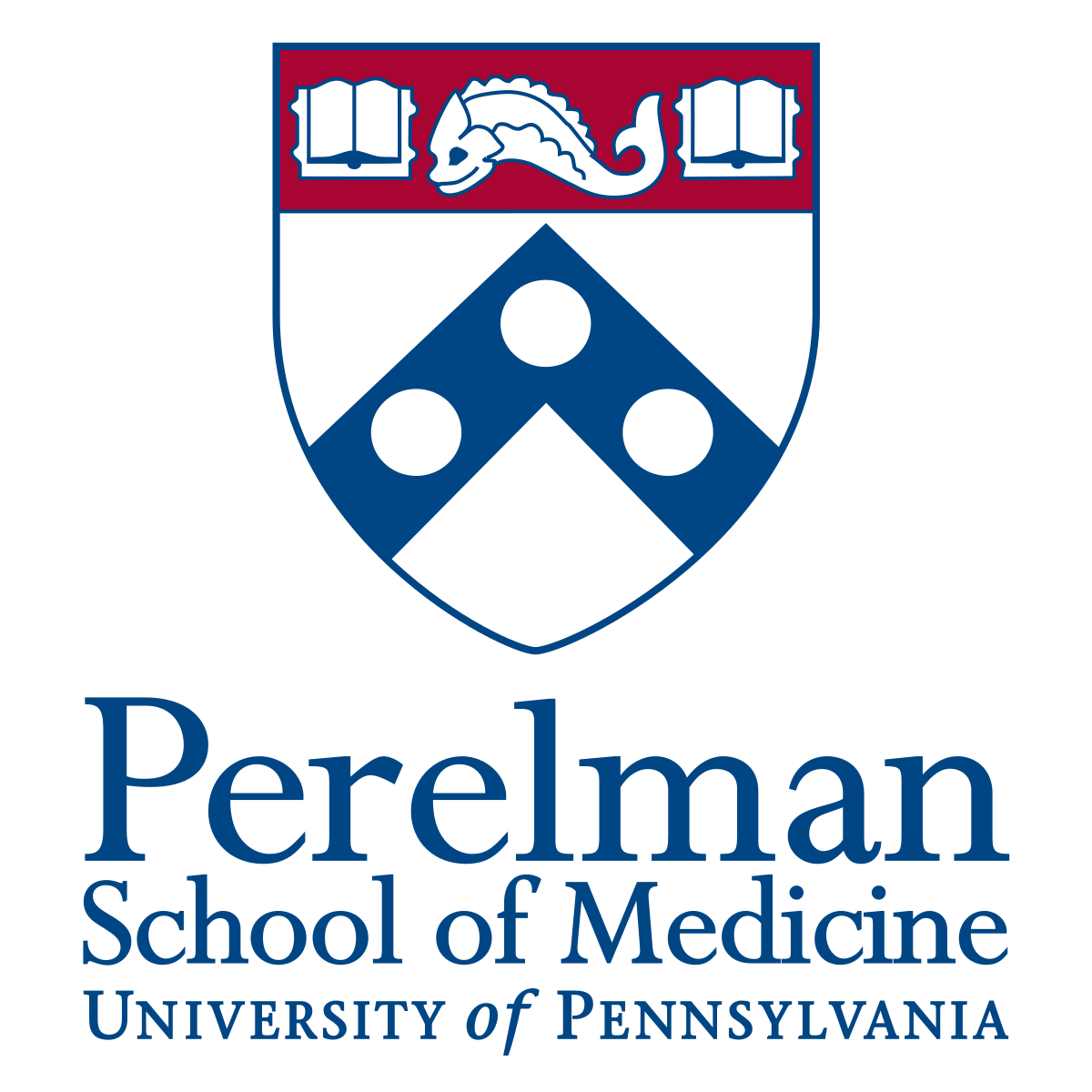Accomplishments
 Dr. Maria Geffen received her undergraduate degree in Molecular Biology from Princeton, and her PhD in Biophysics from Harvard University. In her postdoctoral work at Rockefeller University, as a fellow in the Physics and Biology Center, Dr. Geffen was trained to perform electrophysiological recordings in the primary auditory cortex of awake rodents. Through computational work, she developed novel tools for analysis of natural sounds, generation of stimuli for electrophysiological recordings and analysis of multi-neuronal data. She has been an Assistant Professor in the Department of Otorhinolaryngology since 2010. Over the last 5 years, Dr. Geffen’s laboratory at the University of Pennsylvania has established itself as a world- leader in auditory cortical physiology through analysis of specialization of neural responses in the rat primary auditory cortex in processing of vocalizations and discovery of a novel function of the auditory cortex in auditory perception following emotional learning.They were among the first labs to use optogenetic tools to probe the function of specific elements of auditory neuronal circuits with the discovery of the complementary role of two types of cortical interneurons in stimulus-specific adaptation.
Dr. Maria Geffen received her undergraduate degree in Molecular Biology from Princeton, and her PhD in Biophysics from Harvard University. In her postdoctoral work at Rockefeller University, as a fellow in the Physics and Biology Center, Dr. Geffen was trained to perform electrophysiological recordings in the primary auditory cortex of awake rodents. Through computational work, she developed novel tools for analysis of natural sounds, generation of stimuli for electrophysiological recordings and analysis of multi-neuronal data. She has been an Assistant Professor in the Department of Otorhinolaryngology since 2010. Over the last 5 years, Dr. Geffen’s laboratory at the University of Pennsylvania has established itself as a world- leader in auditory cortical physiology through analysis of specialization of neural responses in the rat primary auditory cortex in processing of vocalizations and discovery of a novel function of the auditory cortex in auditory perception following emotional learning.They were among the first labs to use optogenetic tools to probe the function of specific elements of auditory neuronal circuits with the discovery of the complementary role of two types of cortical interneurons in stimulus-specific adaptation.

Research Activities
The long-term goal of the Geffen Laboratory is to identify the neuronal circuits and codes that support hearing in real-life acoustic environments. Auditory perception is shaped by the interaction of sensory inputs, experience, emotion and attention. Decades of research have identified neuronal brain areas and characterized how neuronal response properties to basic sounds, such as tones or whistles, are transformed in the auditory pathway in the passive brain. However, we are still missing an understanding of how the brain creates a percept of a complex auditory scene, composed of myriad sounds, and how this representation is shaped by learning and experience. My laboratory seeks to develop a quantitative understanding of the neuronal circuits supporting dynamic auditory perception, through a combination of behavioral, electrophysiological, optogenetic, imaging, and computational approaches in mice and, through collaboration, in humans. Our specific goals are: (1) To identify the neuronal circuits that support learning-driven changes in auditory perception; (2) To understand the dynamics of population neuronal code that supports hearing in complex acoustic environments; and (3) To identify the development of brain mechanisms underlying development of perception of environmental sounds and speech.
Dr. Geffen’s Official Website
http://www.med.upenn.edu/hearing
